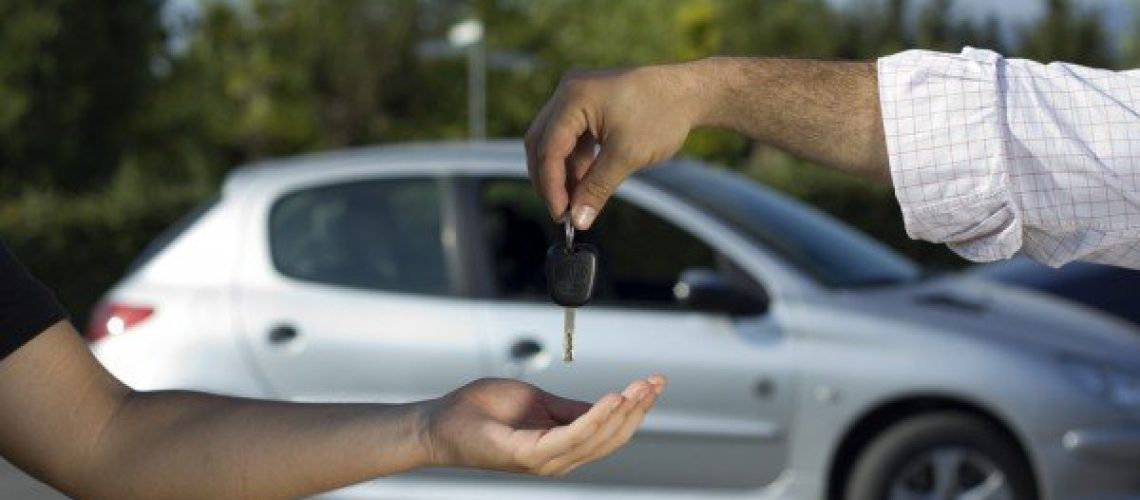Many people will buy a used car instead of a new one every time. Some people will always buy new, for the implied quality guarantee. But if you research it properly, buying a used car can be just as good, if not better. New cars lose a lot of value as soon as they’re driven off the lot, and not all cars hold their value over time. Going straight for a second-hand model doesn’t have to mean investing in a lemon.
How to Buy the Best Used Car You Can
Do your Research
Narrow down your search by picking a model year, or range of years eg. 2007-2009. You would be surprised how much of a price difference there can be between just two years, depending on the model of the car. Features and technology on cars are updated and upgraded each time a new model is released. Wagons, vans and utes hold their value pretty well, due to how useful they are. Look at all sorts of cars to gauge the going rate for age, make and model. Think of what features you feel are necessary. Things like rear or front wheel drive, sedan or wagon, electric windows – all things to consider.
Know Your Product
Now that you have an idea of what year and maybe even what make of car you think suits you, the search can begin. Know what their features are and if there is anything that commonly breaks or needs maintenance on that model. Find out the price of your ideal car when it was new. Look at the second-hand prices of cars that have actually sold before you meet any sellers. Get a rough estimation of how many KM’s a car of any age should have. The average Australian car clocks around 15,000km per year, so multiply that by how old the car is in years and know what to expect. The lower the number on the odometer is, the better.
Set Your Budget
You know how much the same or similar model cars go for, so set yourself a price before you meet a seller. You should know by now how much your chosen vehicle is worth, so you don’t get ripped off. Compare the prices of private sellers to second-hand dealers and pick which one you’d rather give your cash to. Don’t forget, both can be haggled with! If a car has plenty of rego left, it might be making the price a little high. If something is out of registration completely, it will require a blue slip – meaning a full going-over by a mechanic before it’s passed. Registering a car for twelve months will cost about one thousand dollars so keep that in mind when you spend big on something without registration.
Ask a Million Questions
So you found a car, it’s a good price and it has the features you want. Now you need to find out absolutely everything about it. From when it drove off the lot, to where it’s sitting now. Ask if it has ever been in an accident, had any repairs or parts replaced. Are the wheels and stereo stock? If not, they might be adding to the price. If the seller isn’t the first owner, ask them how much they know about the previous owner. Check that it would pass for a blueslip, test the seatbelts, all the lights, and the central locking buttons – they’re expensive to have replaced. There’s no such thing as a silly question when you’re buying a car. Question why they’re selling it, and go for a test drive.
Do a VIN Check
Don’t hand over money until you’ve run the car’s VIN number through a check. They cost around twenty dollars, and give you a full report on its history. If it has ever been written off, stolen or has money owing on it, the VIN check will tell you. If it has, don’t buy it. In NSW a car cannot be re-registered after a write-off, so steer clear from something that’s been “re-birthed.”
Buying a used car can be really daunting, especially if you’re not really a car-person. Another tip could be to take someone you trust who does have a bit of car know-how with you while you browse. The right used car can last you for years and years, as though you bought it brand new.





